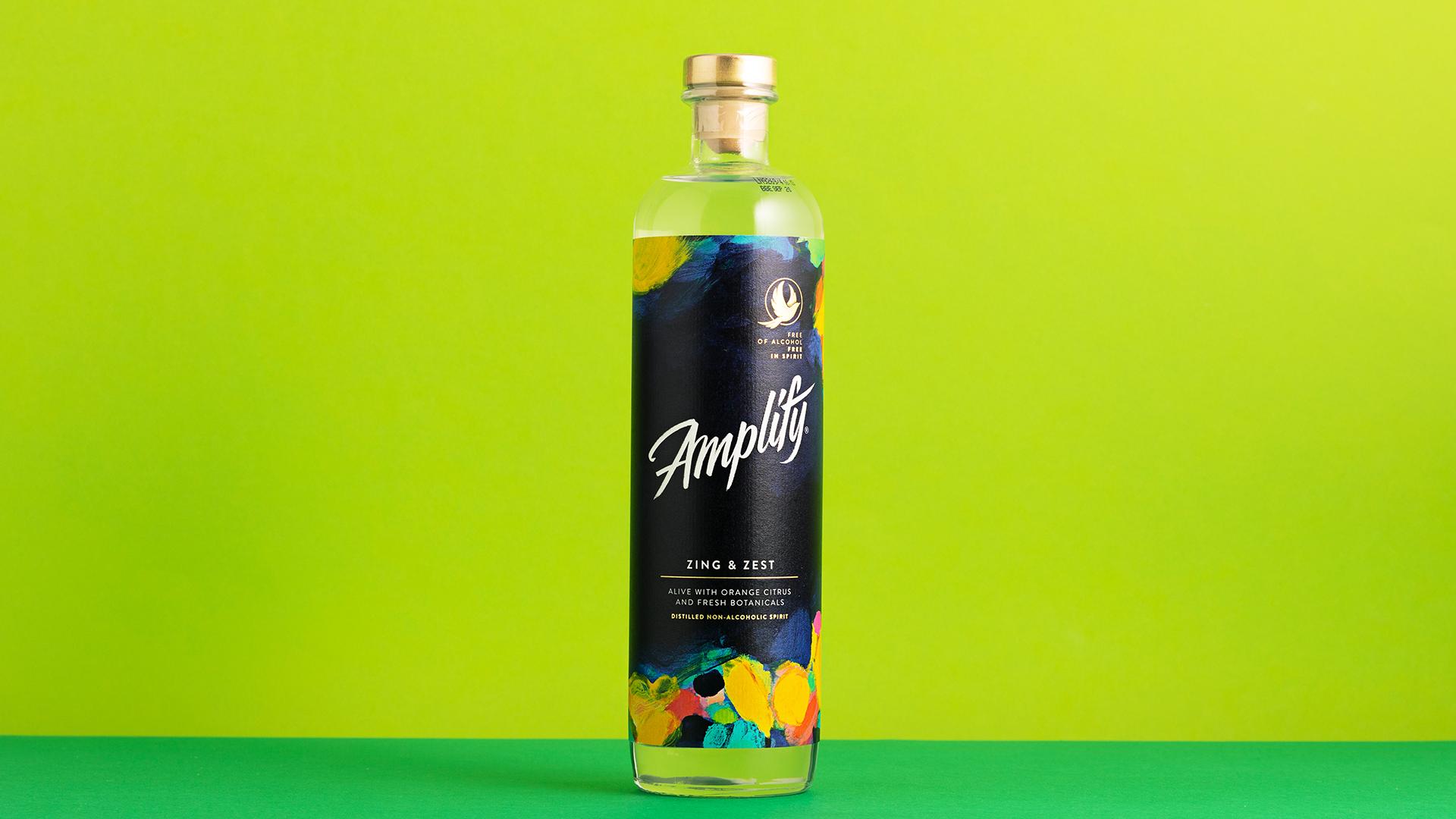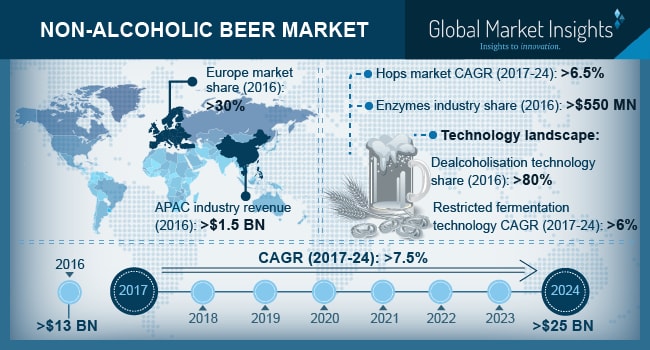

Consumers' increasing acceptance of westernization and modernization has resulted in increased spending on soda goods in the market. Due to a gradual increase in disposable income status and customer living standards, Asia Pacific emerged as the industry leader and would remain so in the forecast timeframe. The market has been divided into North America, Europe, Asia-Pacific, Middle East & Africa, and South America. Supermarket/Hypermarketdominate sales networks due to their superior commodity availability.

In the year 2020, the Supermarket/Hypermarket segment led the industry, with a market share of 29.15 percent. The product segment includes food services sector, supermarket/ hypermarket, specialty stores, convenience stores, and online retails. Furthermore, consumers' intensified efforts to strengthen their distribution chain at a low pace are driving the product market. Customers are buying fresh and flavored CSDs in the market as a thirst quencher because of their calming properties. Carbonated soft drinks (CSD) have the highest non-alcoholic soda market share due to their fast supply and low price. The type segment includes RTD coffee & tea, bottled water, carbonated soft drinks, and fruit beverages. This study delivers a comprehensive analysis of type, distribution channel, and region. The shifting customer appetite and the introduction of new technologies, provide many opportunities for market development in the coming years. Moreover due to thespread of the COVID-19 pandemic, the global demand for non-alcoholic beverages is seeing a sharp drop in sales and consumption of soft drinks. Disruptions in the supply, price, and functionality of natural resources, which are supposed to limit the market's development capacities, are among the market's restraints. The rising prevalence of non-alcoholic beverages in countries where alcohol prohibition laws are applied, such as Kuwait, Saudi Arabia, and Iran, is driving up the consumption of functional drinks, driven by changing market tastes and rising health consciousness among consumers.Īdoption of new drinks to promote human hydration, the introduction of healthier beverages, and the evolution of e-commerce sites are all factors driving the industry.

Companies in this field make heavy use of water and electricity, all of which are considered precious resources. The non-alcoholic beverage industry is governed by a number of international and national regulatory bodies. Non-alcoholic beverages have the required sugar and calories to boost energy levels. These beverages have a host of functions in the human body, including hydration and nutrient delivery.

Non-alcoholic beverages are drinks that have less than 0.5 percent alcohol by volume. The Non-alcoholic beverages market is expected to grow from USD 923.06 million in 2020 to USD 1732.7 billion by 2028, at a CAGR of 8.19% during the forecast period 2021-2028.


 0 kommentar(er)
0 kommentar(er)
